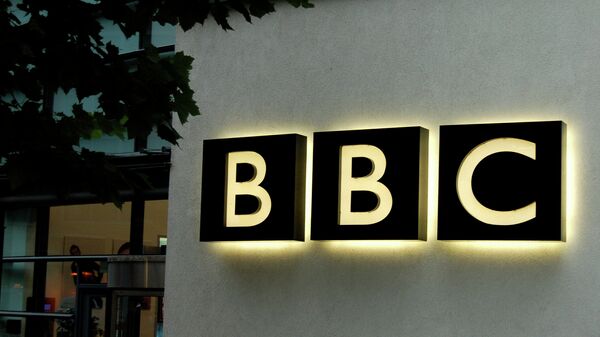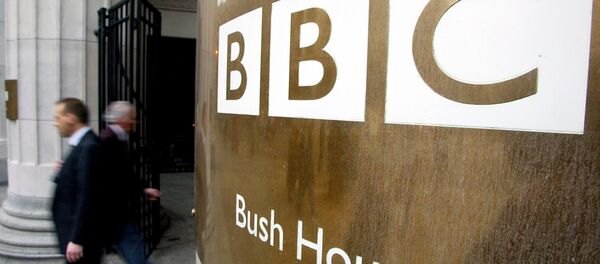In Britain, watching television without a valid license is a criminal offense, leading to fines ranging from 500-1000 pounds for non-payment of the 145 pound yearly fee. The country has a national database of licensed and unlicensed home addresses, along with detector vans and enforcement officers charged with checking for valid licenses.
Asked for comment on the announcement, Stephen Lendman told Sputnik that the fee to fund the BBC, "which of course is owned and operated by the British government," effectively serves as payment to "a propaganda service" which has operated "for close to a century now."
The journalist noted that "in America, the main television channels, whether it's the broadcasters or the television channels, officially get no orders from the government as to what to broadcast and what not to broadcast. But the silent rules are well-known, and they know exactly what they can and cannot do. [As a result, broadcasters] pretty much go along the 'party line' with the official government policies on the major issues."
"In Britain, you have a government that owns the main channel of broadcasting –the main source of information for the British people, and they absolutely make the rules for what the BBC and its reporters and correspondents around the world can and cannot report on. If anybody diverges from the system, they won't be around the BBC for very long."
Lendman voiced his support for ordinary Britons' growing refusal to buy television licenses, stating that if he lived in Britain, he "absolutely would not buy a license if I didn't have to. I think I would rather give up a television set, than to have to pay the British government two cents…so they can feed me propaganda I don't want to listen to or watch."
The veteran journalist noted that he almost never watches the BBC's American service, "because I know exactly what they're going to be broadcasting as the big issues, and I don't want to hear it. I tune in to Sputnik, I tune in to RT International, I tune in to Real News."



